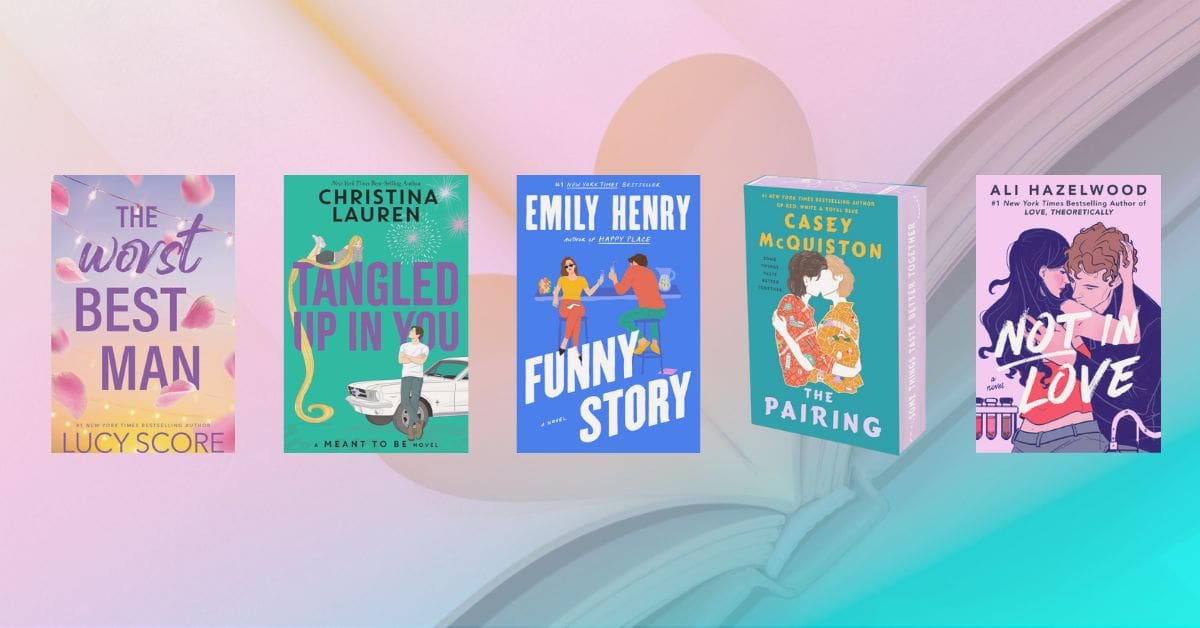Your Guide On How To Publish A Poetry Book
Writing poetry can be one of life’s greatest joys. Poetry helps you process, understand, heal. Many poets share their poetry online through Instagram or submissions to magazines and journals – but have you ever considered publishing it? Holding YOUR book of poetry in your hands can be life-changing, and we’re here to help you find out how to make that happen.
Self-Publishing vs. Traditional Publishing
Let’s go straight to the debate. To self-publish or not to self-publish.
Before the year 2000, there was basically one option to get your book published, and that was through a traditional publishing deal. In traditional publishing, a publishing house takes on the financial risk to publish your poetry, but then has complete control over the publishing process (as well as the rights to your book). They pay you an advance, and once they make that money back, they begin paying you a set amount of royalties.
As the times have changed and technology has opened the doors to new publishing options, more and more poets have turned to self-publishing.
Rupi Kaur? Self-published.
Pierre Alex Jeanty? Self-published.
Robert Drake? Yep, you guessed it. Self-published.
Why are more poets choosing to self-publish their books? Let’s find out.
3 Benefits of Self-Publishing Poetry
There are so many benefits to self-publishing poetry, but we’re going to spend time discussing just a few.
- No gatekeepers
- Larger margins
- Creative control
No Gatekeepers!
Getting past the gatekeepers in traditional publishing is… not easy. First, poets have to pitch themselves to literary agents (often facing multiple rejections). Then, the agents have to pitch the poetry book to traditional publishing houses (once again, more rejection).
This has large implications for diversity in publishing (or, lack thereof). Self-publishing has allowed authors of every race, gender, and sexual orientation to have equal opportunity to publish their work.
“For marginalized authors who have been anxiously awaiting a seat at the publishing table, self-publishing has become an avenue for alternative voices to emerge, without the need for a seat or a table.”
– Crystal Swain Bates, Author of Big Hair, Don’t Care
If you believe in your poetry (and, we think you should), that’s all the approval you need to publish.
Larger Margins
Let’s talk money. Self-publishing requires more of a personal upfront investment than traditional, but it allows for more money to be made in the long run. If you’ve already built a dedicated fan-base who enjoys your poetry, self-publishing allows you to reap the benefits of your hard work building an audience without having to split the compensation.
Creative Control
This is a big one. You’ve spent months, maybe even years, writing a book of poetry. Sleepless nights revisiting your words, your theme, your story. Wouldn’t you like to have control over how it’s shared with the world? Self-publishing allows you full creative control – you have the final say over editing, cover and interior design, and how it’s put out in the market.
4 Tips for Self-Publishing Poetry
Once you’ve decided to self-publish your poetry, here are a few tips to get started!
- Focus on Your Cover Design
- Choose a Professional Publishing Platform
- Optimize Your Book Metadata
- Market Your Book
1. Focus on Your Cover Design
The reality is that we all love to judge a book by its cover. Your cover is the first impression of your book, and you want it to be a good one. Do your research to find out what books are popular in the poetry market right now and study their book design. Do they have anything in common? What stands out to you? Is there anything you like/dislike? This can help inform the creative direction for your book as you think about creative ways to mimic what’s working, while still having your book stand out.
2. Choose a Professional Publishing Platform
This is, perhaps, the most important step. The self-publishing platform that you choose can directly impact the success of your poetry. It’s important to find a platform that will publish a high-quality book in the format you’re looking for (paperback, hardcover, or ebook), but you’ll also want to think about book distribution. Some platforms will lock you into an exclusive publishing deal or don’t distribute to a global market. Do your research and enlist the help of your local bookstore or #WritingCommunity on social media to gather feedback on where to self-publish.
3. Optimize Your Book Metadata
Yay! You’ve published a book! But… can anyone find it?
When you publish your poetry, your book metadata has a HUGE impact on discoverability. It should be as descriptive as possible, including keywords that will appeal to your target audience. Your metadata also tells bookstores and librarians where to shelve your book, so you want to be as accurate and descriptive as possible when selecting BISAC codes, genres, and age groups, if applicable.
4. Market Your Book
And finally, how are you going to tell people about your book?
There are SO many creative ways to market poetry nowadays. Most poets are familiar with the term “instapoet” and if so, you probably recognize the impact Instagram can have on your book sales. From Alexandra Elle of @alex_elle to Nayyirah Waheed of @nayyirah.waheed, make sure you follow similar poets who’ve found success on Instagram, and take note of what resonates with the online poetry community. Experiment with the content you share, the hashtags you use and ENGAGE with your fellow poetry lovers to build a community of fans who will (hopefully) support your work when you decide to publish.
Ready to share your poetry with the world? Visit IngramSpark® and download their FREE guide: How to Self-Publish a Book.
Want to know more about IngramSpark?
IngramSpark® is an award-winning independent publishing platform, offering indie authors, publishers, poets, and dreamers the ability to create professional print books and ebooks. Access to IngramSpark’s global distribution network allows you to self-publish your poetry and make it available to 40,000+ retailers and libraries—both in stores and online. To learn more about how you can share your story with the world, visit www.ingramspark.com.
Featured image by self-published author, Diliya Rianni (@diliyapoetry) via @ingramsparkbooks.













